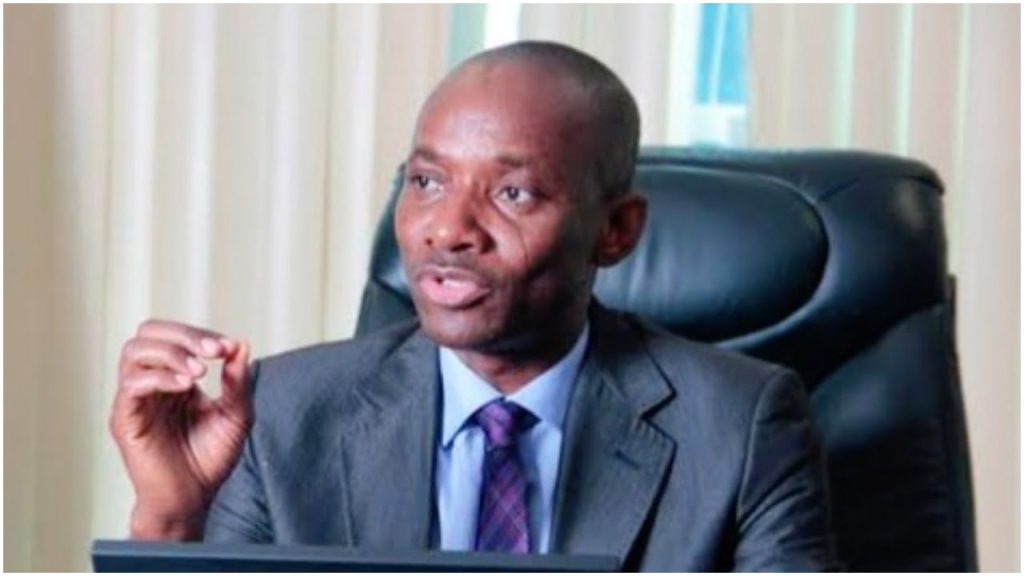A former regulatory chief in Nigeria has launched scathing accusations against the country’s political and anti-corruption frameworks, claiming widespread graft among elected leaders and labeling key institutions as ineffective. Sam Amadi, ex-chairman of the Nigerian Electricity Regulatory Commission (NERC) and current director of the Abuja School of Social and Political Thoughts, took to social media platform X to assert that a majority of Nigerian governors, legislators, and candidates from two major political parties are involved in theft of public funds.
In a post published Thursday, Amadi alleged that “almost all Nigerian governors and legislators are corrupt,” with former presidential candidate Peter Obi and “one or two” others as rare exceptions. He singled out candidates from the African Democratic Congress (ADC) and All Progressives Congress (APC), declaring that “most people running for office in these parties are thieves.” The critique extended to Nigeria’s Economic and Financial Crimes Commission (EFCC), which he described as “compromised, corrupt, and biased,” alleging it lacks the capacity to hold members of President Bola Tinubu’s administration accountable.
Amadi’s remarks come amid long-standing public frustration over Nigeria’s governance challenges, including high-profile corruption cases and perceived impunity among political elites. His reference to Obi—a former state governor and 2023 Labour Party presidential contender—echoes broader debates about accountability in a nation ranked 145th out of 180 countries in Transparency International’s 2023 Corruption Perceptions Index.
The EFCC, tasked with investigating financial crimes, has faced recurring criticism over its independence. While it has pursued several high-ranking officials in recent years, critics argue its actions often align with political agendas. Amadi’s claim that the agency “cannot prosecute Tinubu’s team” reflects lingering skepticism about its impartiality under the current administration.
Responses to the allegations have been divided. Supporters of Amadi’s stance cite ongoing corruption scandals, such as the alleged diversion of state funds by former governors, as evidence of systemic rot. Opponents, however, dismiss the claims as overly generalized, noting efforts by anti-graft bodies to investigate figures across party lines.
Nigeria’s political landscape remains fiercely contested, with Tinubu’s APC and opposition parties like the ADC vying for influence ahead of future elections. Amadi’s broadside underscores deepening concerns about governance and accountability in Africa’s most populous democracy, where mismanagement of public resources continues to hinder economic stability and public trust.
